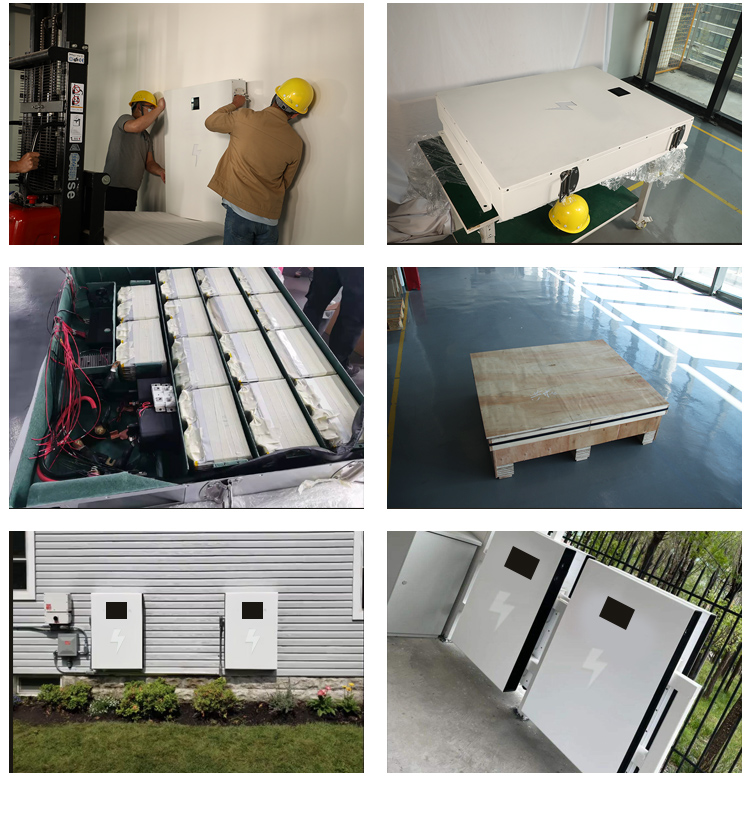Wedoany.com Report-Nov 11, The company said Italian employees will "support the existing fleet and contribute to the development of nuclear energy in Europe from their home country".
"The creation of this branch marks a new step in our long-standing cooperation with Italy," said Framatome CEO Bernard Fontana. "Framatome has been hiring talented Italian engineers in France for over 40 years. This branch offers engineers the possibility of working in Italy, while contributing to the development of low-carbon energy."
The creation of an Italian branch follows on from the cooperation agreement for scientific and technological research and training in the field of nuclear energy, signed last July by Framatome, Edison and Politecnico di Milano.
Under that agreement, the partners will pool their respective technical knowledge and expertise in order to jointly develop research, development and innovation activities for the nuclear sector. In particular, the cooperation agreement provided for joint projects through internships, master's degree and doctoral dissertations, seminars, workshops and other similar initiatives on technical topics of mutual interest. With the aim of improving the exchange of knowledge and know-how, the agreement will also provide for the organisation of meetings and training courses as well as visits for students and their respective employees to Framatome's production sites and plants and the Politecnico di Milano's and Edison's research laboratories.
"To support current and future projects, Framatome is hiring 2500 people a year around the world," said Elisabeth Terrail, senior executive vice president of human resources at Framatome. "Prestigious Italian schools such as Politecnico di Milano, Politecnico di Torino and CIRTEN universities offer excellent courses in nuclear engineering, for both training and research, and their graduates constitute an important talent pipeline to develop long-term skills for the nuclear industry."
Italy operated a total of four nuclear power plants starting in the early 1960s but decided to phase out nuclear power in a referendum that followed the 1986 Chernobyl accident. It closed its last two operating plants, Caorso and Trino Vercellese, in 1990.
In late March 2011, following the Fukushima Daiichi accident, the Italian government approved a moratorium of at least one year on construction of nuclear power plants in the country, which had been looking to restart its long-abandoned nuclear programme.
The public mood has changed since then, and in May 2023, the Italian Parliament approved a motion to urge the government to consider incorporating nuclear power into the country's energy mix. In September last year, the first meeting was held of the National Platform for a Sustainable Nuclear, set up by the government to define a time frame for the possible resumption of nuclear energy in Italy and identify opportunities for the country's industrial chain already operating in the sector.
Italy's government included potential nuclear capacity - up to 16 GW/20-22% of capacity by 2050 - in its National Integrated Energy and Climate Plan, which was submitted to the European Commission on 1 July this year.














